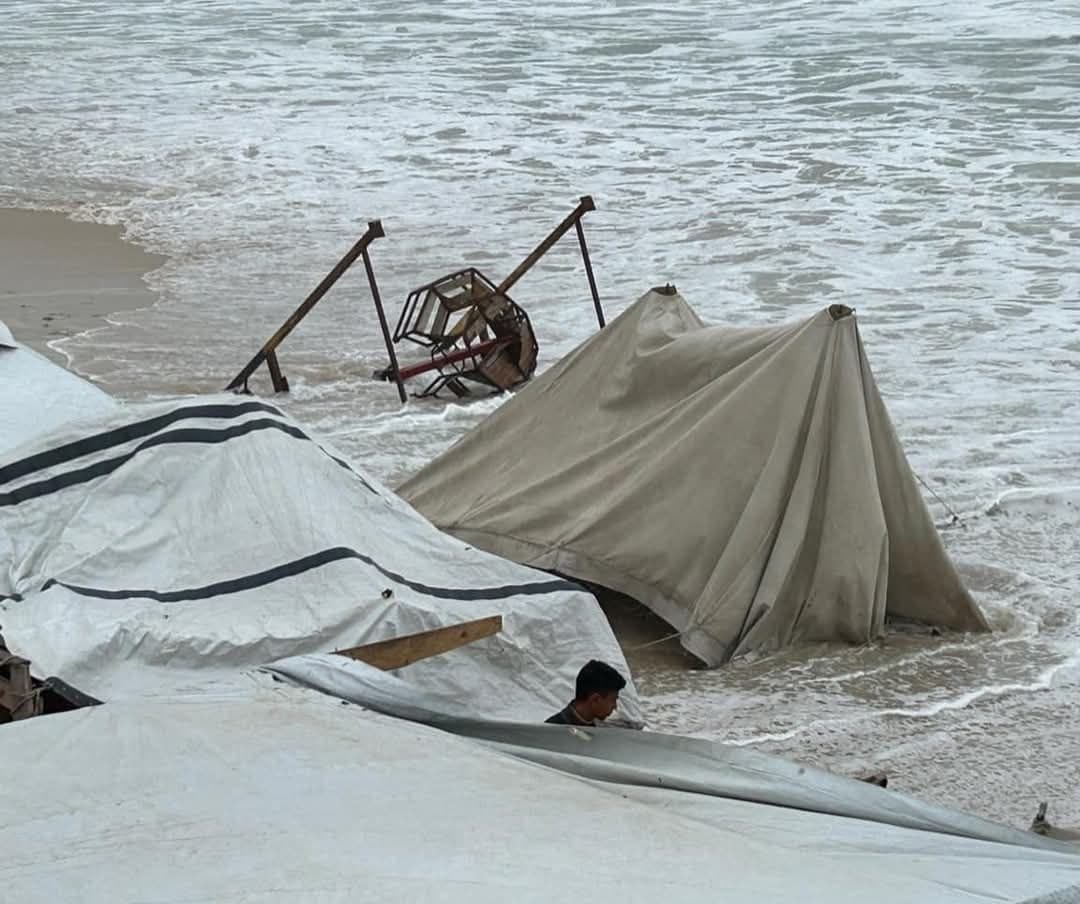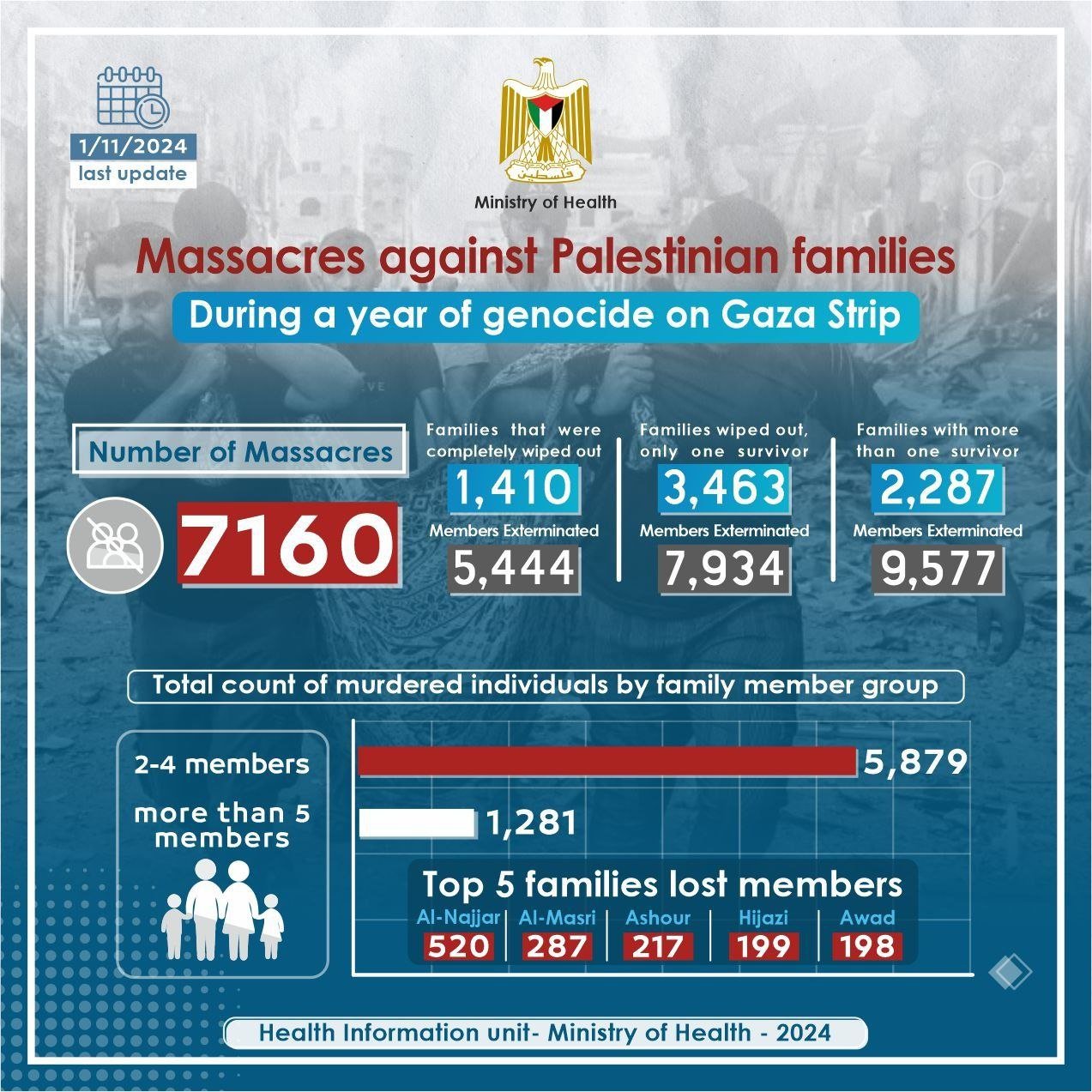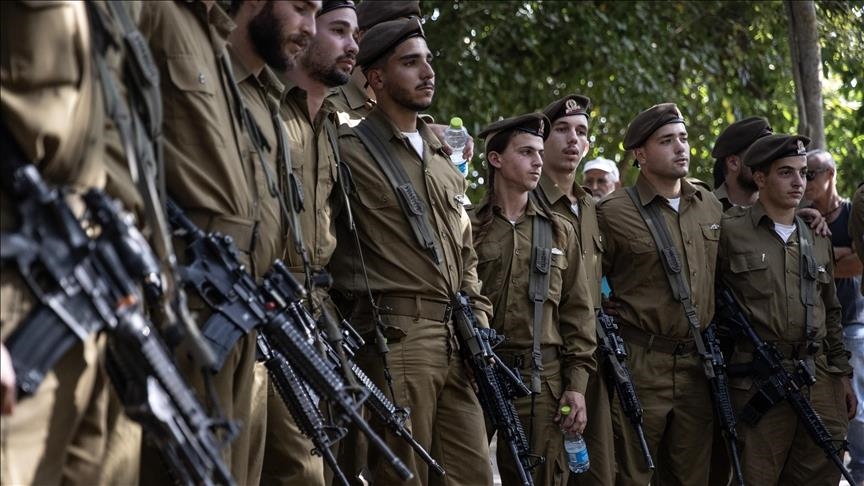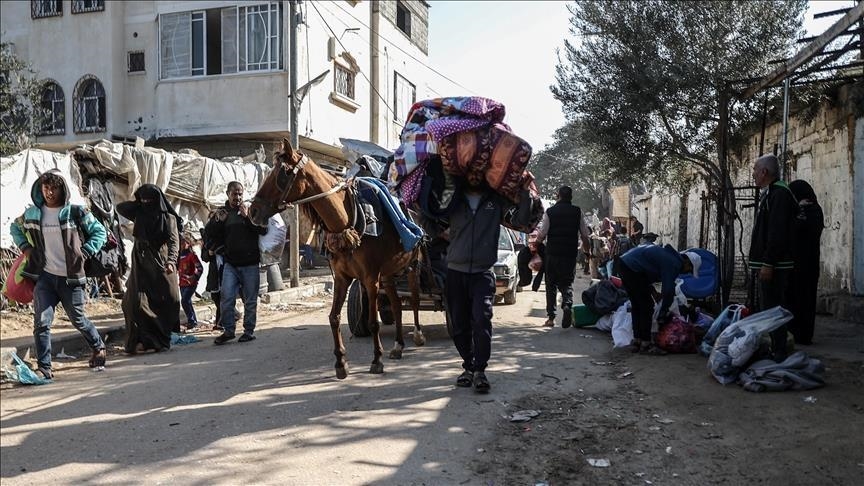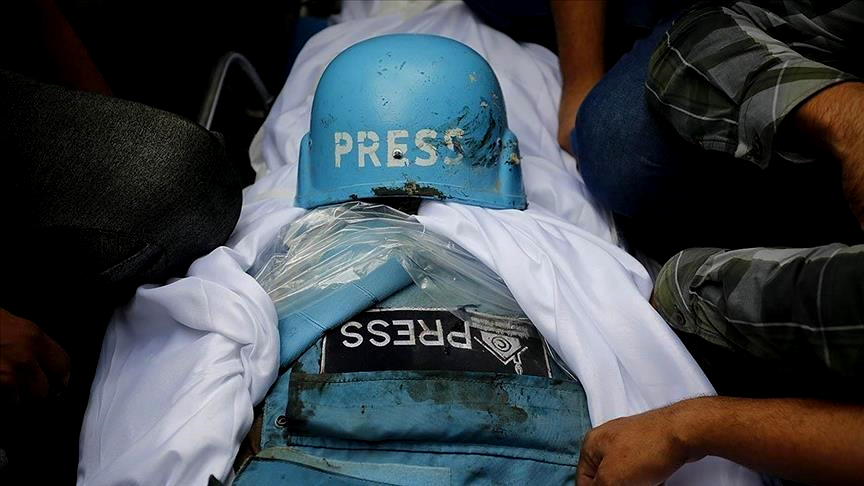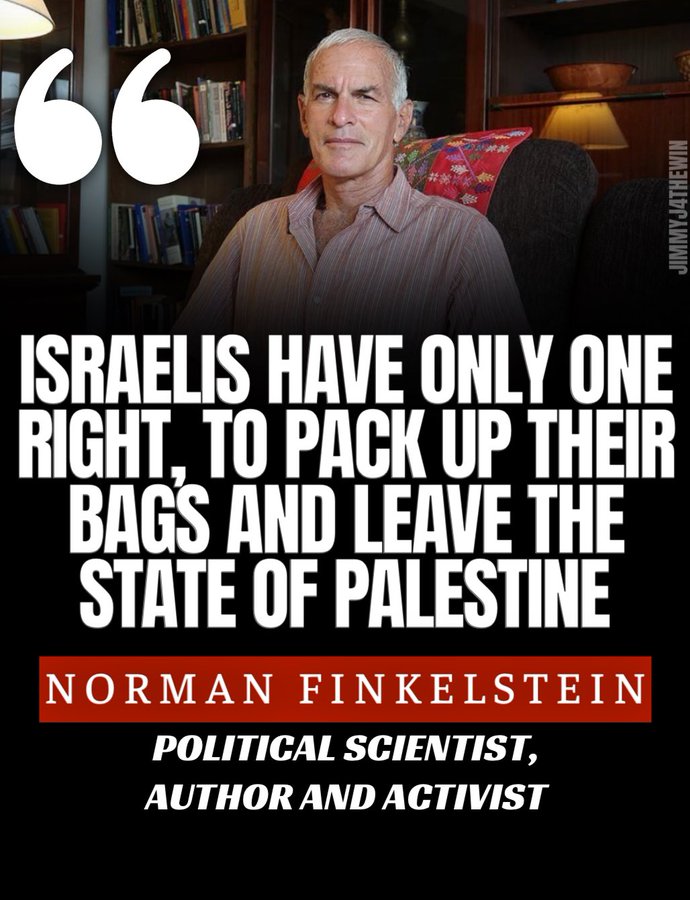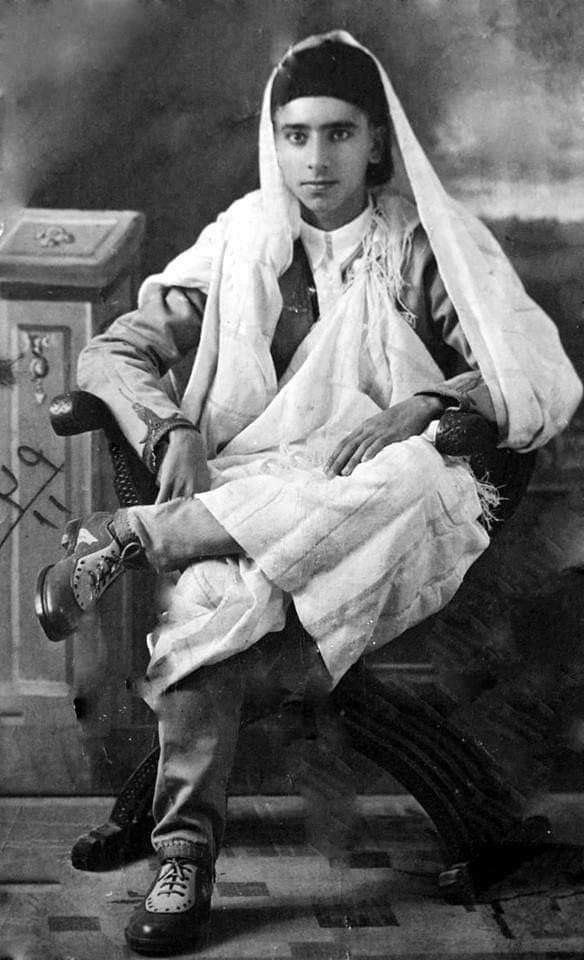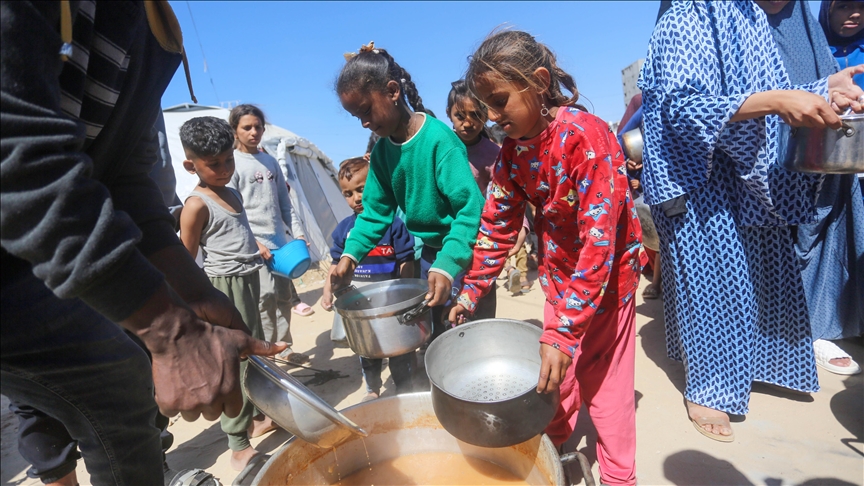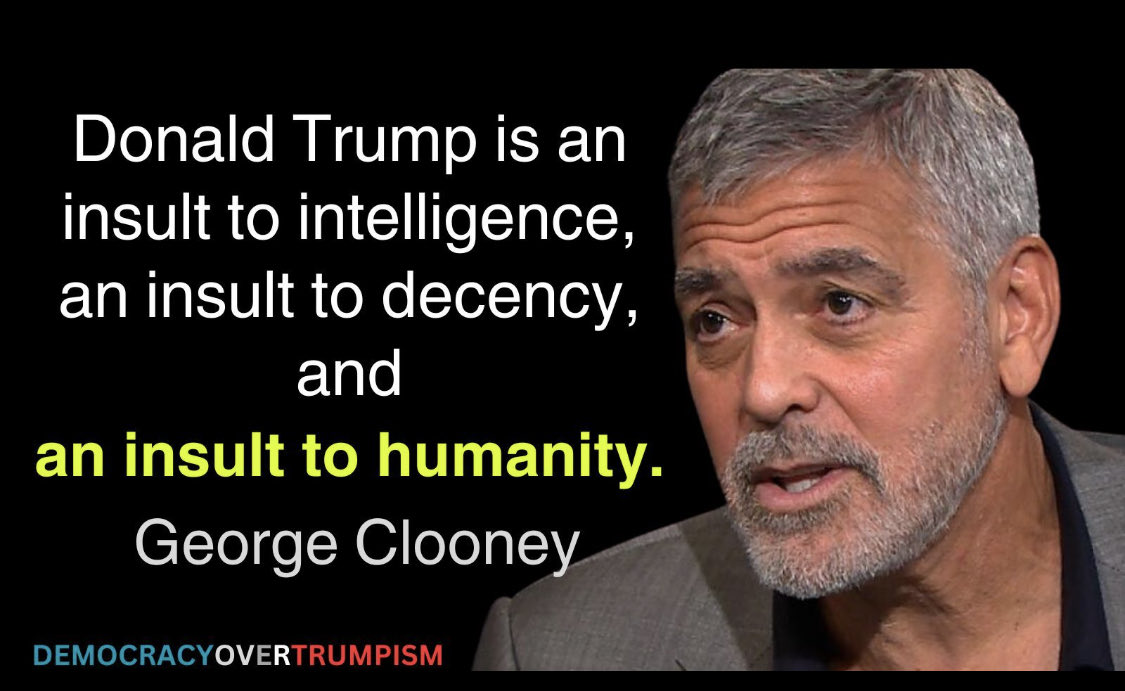Israel Wants Gazans to ‘Freeze’
Despite the advent of a harsh winter and dire humanitarian circumstances, Israel continues to prevent blankets, clothing, and shoes—including necessities for children—from entering the Gaza Strip. Israel has been blocking the entry of these items into the besieged enclave for over a year now.
As the second winter of Israel’s genocidal war on the Gaza Strip begins, Palestinians are suffering from a severe lack of clothing and shoes, which have been banned from entering the Strip since the start of the genocide. The only exceptions are a small number of supplies that are allowed in as part of humanitarian aid and are given to a small percentage of the roughly two million displaced people in the enclave.
Harsh conditions
Euro-Med Monitor notes that Israel restricts the entry of such items as part of its efforts to impose harsh living conditions on the Palestinian people that will ultimately lead to their actual destruction, as part of the comprehensive crime of genocide it is committing in the Gaza Strip. There is no military necessity or justification under international law that permits the prevention of basic necessities from reaching a civilian population.
Israel has destroyed at least 70% of the homes in the Strip and the majority of shops and markets there, including those selling clothing, in addition to limiting Palestinian merchants’ ability to coordinate the entry of goods with Israeli authorities. Consequently, the total number of trucks entering the Gaza Strip in the past period contained aid that did not exceed 6% of the population’s daily needs—the majority of which are related to food supplies—and the clothing and shoes allowed to enter the enclave did not exceed 0.001% of residents’ needs.
The vast majority of displaced people in the Gaza Strip continue to live in tents that do not provide adequate protection from the cold and rain, while hundreds of thousands of Palestinians, including women, children, and the elderly, are left without enough appropriate clothing to protect them from the harsh weather as winter approaches. The lack of access to essential medical care in these dire circumstances also puts Palestinians at greater risk of contracting serious illnesses like respiratory infections and other cold-related conditions.
Scarcity
The situation is made worse by the acute lack of basic medications required to treat cold-related illnesses, which is directly related to Israel’s arbitrary blockade. Additionally, the population’s immune systems have been weakened by the scarcity of food and lack of variety, as well as their heavy reliance on canned foods, leaving them much more vulnerable than usual to viruses and illnesses.
Out of the roughly 2.3 million Palestinians living in the Gaza Strip, about two million have been forcibly displaced from their homes; the majority of them are now living in tents, schools-turned-shelters, or the remains of their destroyed homes. Those who fled their homes were typically forced to leave their personal belongings and clothing behind, taking only what they were wearing as they left.
Most displaced families have lost the majority of their belongings as a result of Israeli bombardment, and have had to search for clothing and shoes in marketplaces that have also been bombed by the occupation army.
The Euro-Med Monitor field team has observed children in the Gaza Strip walking barefoot in sewage- and debris-filled streets in the rain while wearing only light, shabby clothing. Children who lack shoes are more likely to sustain wounds and injuries, leaving them susceptible to infection in an environment devoid of medical supplies and medications because of the strict blockade.
People turn to short-term, unsafe, and insufficient solutions that worsen their suffering, like making wooden and plastic shoes for their kids. Due to a lack of clothing, Gazans are currently compelled to sew or patch old clothing from old blankets, as only those with the means to do so can purchase any alternatives.
Lost tents
Due to the rainy weather over the past two days, the majority of the displaced have been unable to cover their tents and protect them from the rain, which has resulted in hundreds of tents flooding and the few belongings of the displaced becoming drenched in water. Notably, Israel also prohibits the entry of adequate quantities of tents, tarps, and nylon into the Strip, as well as other necessities to protect against the winter cold, such as blankets, firewood, fuel, and heating sources.
Israel’s continuous and severe deprivation of the fundamental necessities of life is an act of genocide, as it seeks to strip the Palestinian population of the most basic means of protection, with the aim of physically erasing their existence. Children and other vulnerable groups are specifically targeted by Israel as they are more affected by this deprivation, which exacerbates their suffering and raises the death rates among them; due to the lack of refuge from winter weather, these rates will undoubtedly spike without international intervention.
Denying basic necessities to all segments of the civilian population is an outright assault on people’s dignity and a deprivation of their humanity. Treating them as though they are undeserving of even the most basic rights has shattered their spirits, contributing to a sense of dejection felt by all Gaza Strip residents. In creating such inhuman conditions, Israel also expresses a clear aim to destroy Palestinians’ cultural and social identity.
Israeli crimes
International and United Nations organisations must work, by all possible means, to pressure Israel to allow the entry of basic materials into the Gaza Strip, and to publicly expose these crimes.
Given the grave worsening of the humanitarian situation, the international community must take responsibility for halting the genocide in the Gaza Strip and all related crimes being committed by Israel and its allies, as this is the only way to protect civilians and preserve what remains.
In addition to imposing sanctions on Israel and implementing the arrest warrants issued by the International Criminal Court against the Israeli Prime Minister and Minister of Defense as soon as possible, as well as their transfer to international custody, it is imperative that Palestinians in the Gaza Strip be given immediate and unhindered access to winter clothing, shoes, and the most basic tools of survival.

